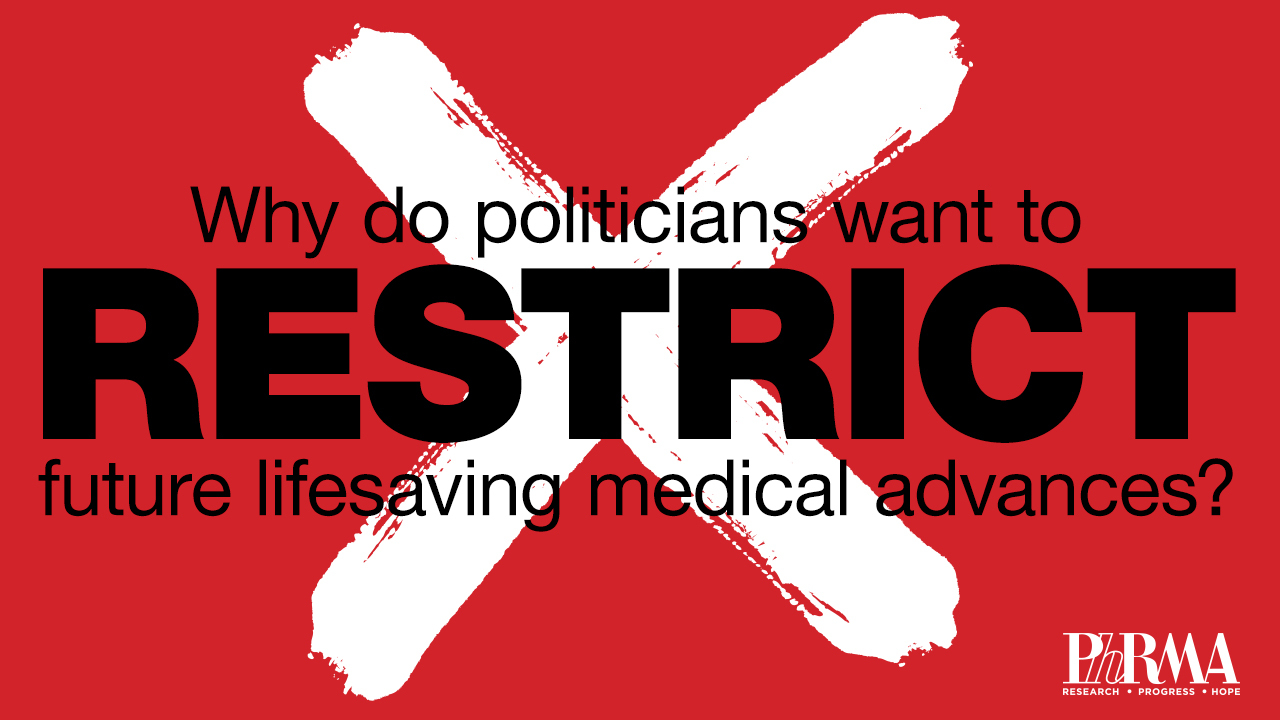Plus, air pollution raises heart disease risk | Friday, November 12, 2021
| | | | | | | Presented By PhRMA | | | | Axios Vitals | | By Tina Reed ·Nov 12, 2021 | | 😎 Happy Friday, Vitals readers! Today's newsletter is 738 words, or a 3-minute read. | | | | | | 1 big thing: Lasting changes ahead for "Generation COVID" |  | | | Illustration: Annelise Capossela/Axios | | | | The generation of kids and young adults who are coming of age in the midst of the pandemic will likely be shaped by COVID for the rest of their lives, Axios' Marisa Fernandez writes. Why it matters: Massive news events can change the ways generations view the world, spend money and form relationships. — just as the Great Recession and the Sept. 11, 2001 terrorist attacks did for older millennials. State of play: Gen Z — roughly defined as those born between 1997 and 2012 — includes elementary-age kids up to young adults. Those on the older end of the spectrum are in college, graduating or in their first jobs. - Many of these young people were the last hired and the first fired during the pandemic, Jason Dorsey, president of the Center for Generational Kinetics, a research and strategy firm, tells Axios.
- That could be triggering a higher desires to save money or spend it on quality items that have longevity like staple fashion pieces instead of fast fashion, the firm found.
- Gen Z has reported greater symptoms of burnout to employers and expressed concerns about falling behind or missing out because the pandemic is impacting such as a formative period of their lives, Jessica Stollings-Holder, president of ReGenerations, told the Society for Human Resource Management.
Between the lines: Many younger children in this generation may have developed a profound sense of mortality at a very young age, researchers say, and may also end up following different social norms when it comes to hygiene and personal space. Go deeper. |     | | | | | | 2. Air pollution as heart disease risk |  | | | Illustration: Sarah Grillo/Axios | | | | Doctors should incorporate air pollution to their list of risk factors for heart disease when treating patients, Marisa writes from a new study published in the New England Journal of Medicine. The big picture: Air pollution is still overlooked as a cause of heart disease, as outdoor air quality worsens in some parts of the globe. - Pairing reduction strategies with cardiovascular disease prevention "could save millions of lives," the authors write.
Why it matters: Heart disease was still the top cause of death for both men and women during the pandemic. - Air pollution is the world's fourth leading cause of disease and death, per the World Health Organization.
- The proportion of deaths from heart disease in developing countries due to pollution are greater than heart disease deaths due to smoking and other behavioral and metabolic risk factors, per the study.
Read more. |     | | | | | | 3. Disparities in prostate cancer screening |  | | | Photo: Michael Macor/The San Francisco Chronicle via Getty Images | | | | While MRIs are often used as a less invasive way to diagnose prostate cancer after abnormal screening test results, Black, Hispanic and Asian men are far less likely than their white counterparts to get one, according to a new study in JAMA Network Open. Why it matters: Men of color, particularly Black men, are at elevated risk for prostate cancer. But the data indicate that when they need additional testing, they may be getting more invasive biopsies, or not getting the follow-up care they need at all. By the numbers: The study found Black men with a PSA level most closely associated with biopsies and cancer diagnoses were 43.9% less likely to get an MRI. - Hispanic men with similarly elevated PSA results were 67.6% less likely to get the MRI than white patients.
"This isn't just another disparities story," said Danny Hughes, professor in the Ivan Allen College of Liberal Arts School of Economics at Georgia Tech and a lead author. - "Ultimately, I think we're going to need to fundamentally change guidelines so that we can minimize invasive biopsies and make sure people are getting the care they need," Hughes said.
- His team is examining the cause of the disparities next, he said.
|     | | | | | | A message from PhRMA | | The hyper-partisan drug pricing plan may be detrimental to patients | | |  | | | | It's government price setting that does little to address patient affordability and will decimate the US competitive ecosystem that has brought hope to so many Americans in the form of new medical advances. This plan could result in negative consequences for the patients with the most need. | | | | | | 4. Catch up quick | - America's COVID future has arrived. (Axios)
- The world gets tough on the unvaccinated. (Axios)
- White House expanding health care for veterans exposed to burn pits. (The Hill)
- 10 states sue Biden administration over COVID-19 vaccine requirement for health care workers. (CBS News)
|     | | | | | | 5. Dog of the week |  | | | Nala. Photo: Michael Mondaruli | | | | Meet Nala, the dog. She's a 2-year-old labradoodle and is a ball of energy who is working on getting certified as an emotional support canine. - She lives in Denver with her dad, Michael Mondaruli, where she enjoys running in the winter snow, taking long hikes at Red Rocks in the fall, and swimming lakes in the summer. "She's an all-season pet who truly enjoys being outdoors," Mondaruli said.
Email me with your best dog pics and your four-legged friend might be our next dog of the week. (I take story ideas, too.) |     | | | | | | A message from PhRMA | | The hyper-partisan drug pricing plan may be detrimental to patients | | |  | | | | It's government price setting that does little to address patient affordability and will decimate the US competitive ecosystem that has brought hope to so many Americans in the form of new medical advances. This plan could result in negative consequences for the patients with the most need. | | | | 💻 Not a subscriber yet? Let's fix that. |  | | It'll help you deliver employee communications more effectively. | | | | | | Axios thanks our partners for supporting our newsletters. If you're interested in advertising, learn more here.
Sponsorship has no influence on editorial content. Axios, 3100 Clarendon Blvd, Suite 1300, Arlington VA 22201 | | | You received this email because you signed up for newsletters from Axios.
Change your preferences or unsubscribe here. | | | Was this email forwarded to you?
Sign up now to get Axios in your inbox. | | | | Follow Axios on social media:    | | | | | |
No comments:
Post a Comment